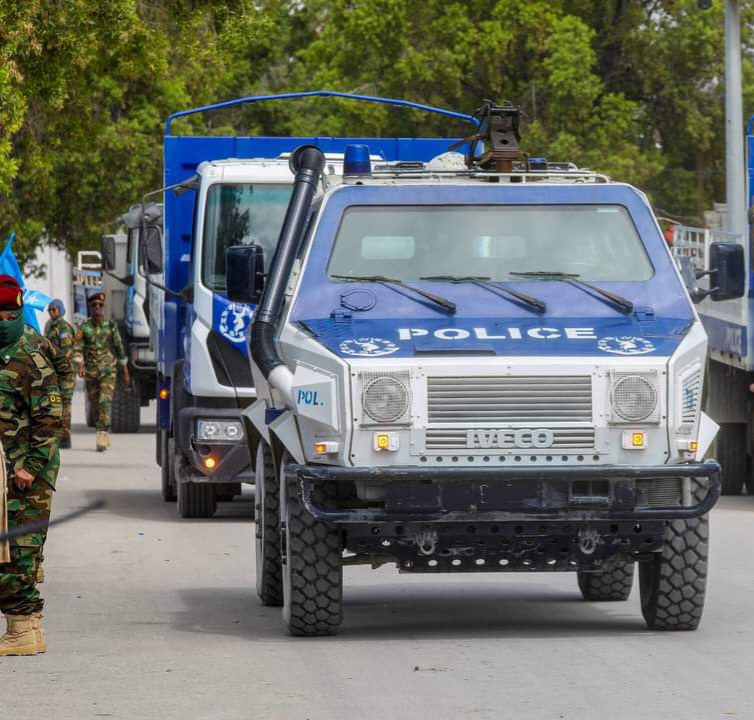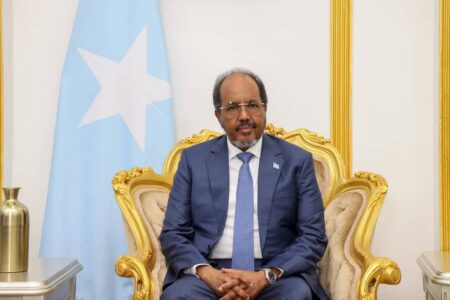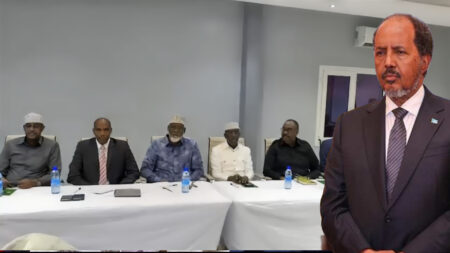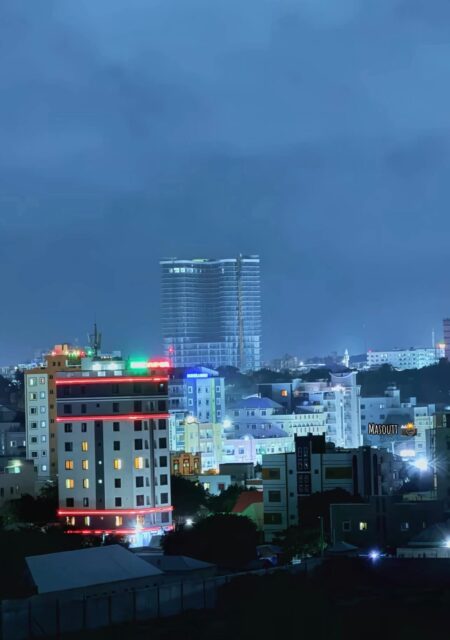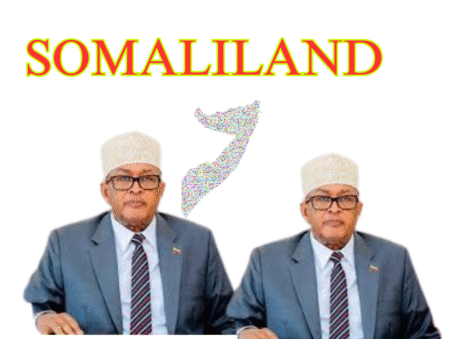Federal Government of Somalia‘s Move to Confiscate Illegal Weapons: A Step Toward Security and Stability
In a decisive move aimed at enhancing national security, the Federal Government of Somalia has announced plans to confiscate illegally held weapons in the capital, Mogadishu, and subsequently across all cities and villages in the country. This initiative is being hailed as a much-needed breath of fresh air and represents a significant step in the right direction for a nation striving to regain stability and peace after years of turmoil.
The decision to disarm illegal weapon holders is essential for several reasons. Foremost among them is the need to improve the security landscape for ordinary citizens, who have long suffered from the consequences of unchecked violence and lawlessness. By targeting illegal arms, the government aims to reduce the threat posed by rogue elements that contribute to insecurity, thereby fostering a safer environment for all Somalis.
However, the response from opposition politicians has been concerning. Instead of supporting this initiative, which could ultimately enhance their own security and that of the populace, many have chosen to oppose the Act and, alarmingly, to arm themselves. This raises critical questions about the role of political opposition in a fragile state. Historically, political dissent is vital for democracy; however, the presence of armed militias among opposition leaders poses a direct challenge to the rule of law and the authority of the government.
The situation is unprecedented; when did it become acceptable for political opposition to maintain heavily armed militias? Such actions not only undermine the government’s efforts to restore order but also suggest a troubling reality: that these politicians may be complicit in perpetuating the very insecurity they claim to oppose. The potential for these armed groups to instigate violence for political gain cannot be overlooked, and it raises alarm bells about their true intentions.
In any democratic society, the existence of armed political factions is untenable. The implications are far-reaching, as the presence of these militias can threaten the sovereignty of the state and the safety of its citizens. It is clear that such opposition figures, by arming themselves, become existential threats not only to the government but also to the Somali people they claim to represent.
In light of these developments, it is imperative that the international community and the African Union take a firm stance. They must hold these opposition leaders accountable for their actions and demand an immediate disarmament. Allowing armed political factions to operate unchecked will only exacerbate the cycle of violence and instability that Somalia has struggled with for decades.
The call for disarmament should not be viewed as an attack on legitimate political discourse but rather as a necessary measure to ensure the safety and security of the nation. Political leaders should be encouraged to engage in dialogue and debate, rather than resorting to arms to assert their influence.
In conclusion, the Federal Government of Somalia’s initiative to confiscate illegal weapons marks a crucial step towards restoring order and security in the country.
The opposition’s resistance to this initiative, accompanied by their choice to arm themselves, poses significant risks that cannot be ignored. It is time for the international community to play a proactive role in ensuring that these political figures are held accountable, paving the way for a peaceful and secure Somalia where the rule of law prevails.

